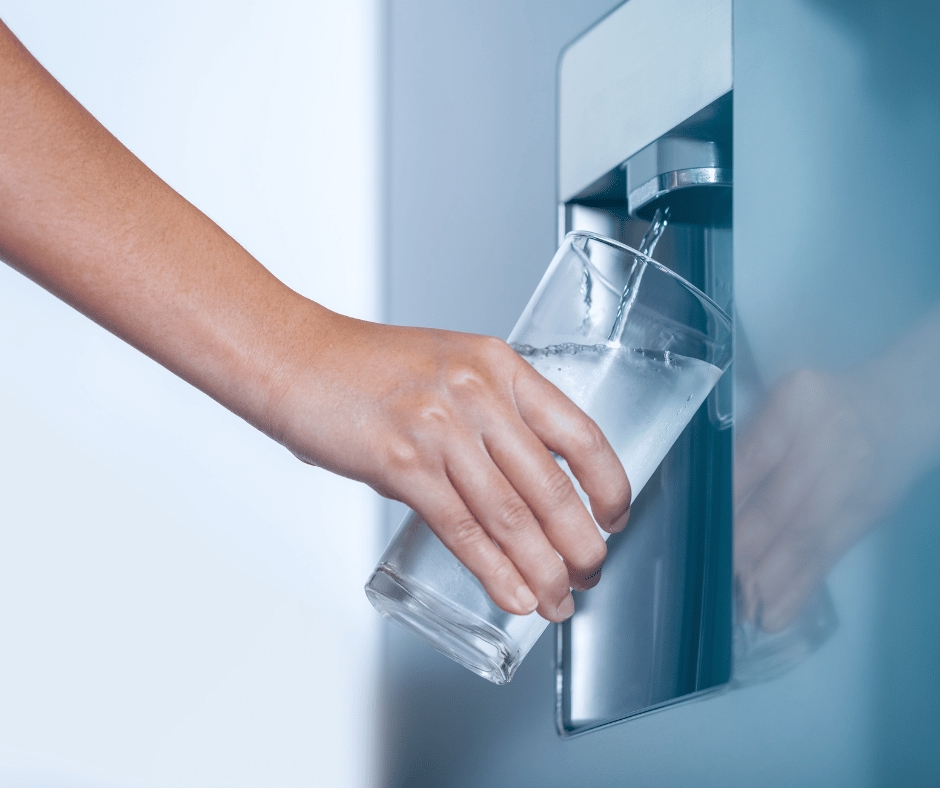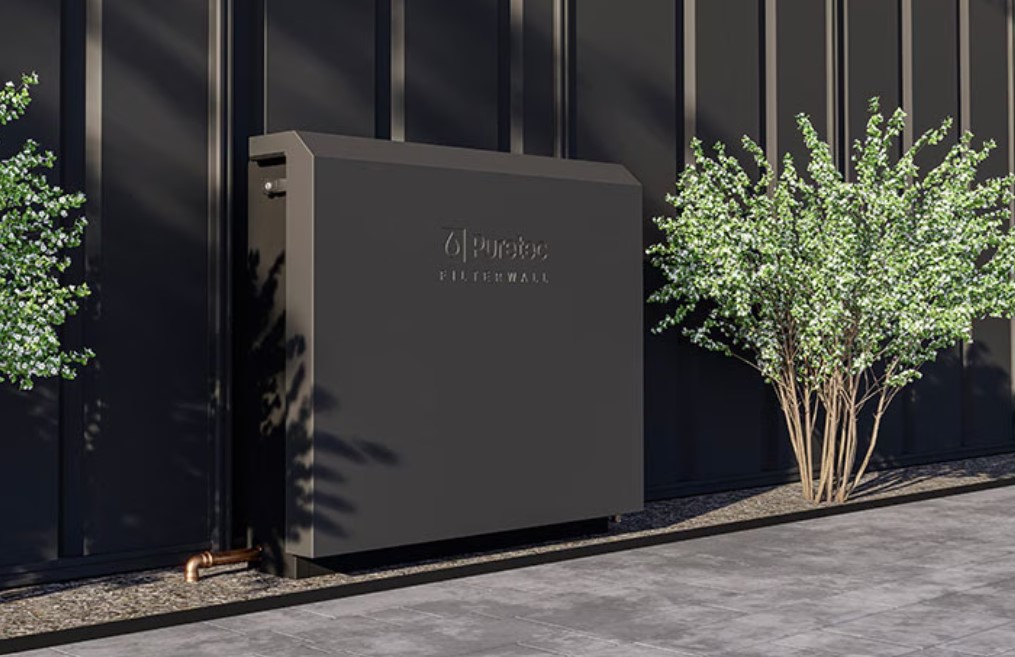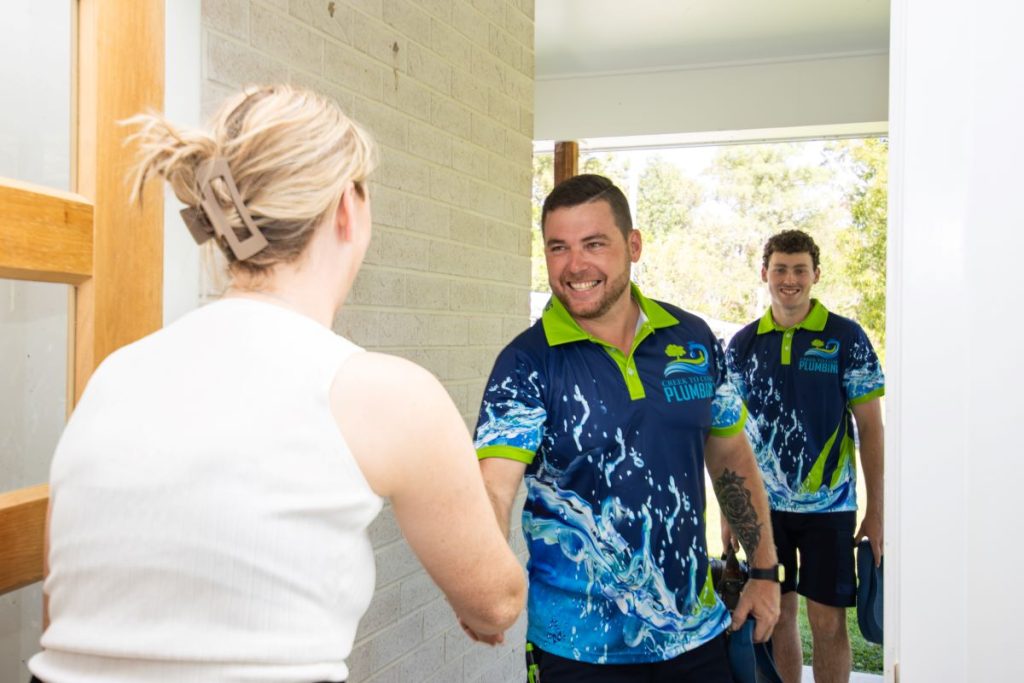Even though you cannot detect or perceive them through smell or taste, PFAS chemicals, commonly known as “forever chemicals,” are silently contaminating the water that we drink every day. These substances are both stealthy and widespread, making it imperative for consumers to remain vigilant and informed about their presence in our surroundings and the potential health risks they pose.
Since their emergence in the 1950s, PFAS have been integrated into a multitude of products, including firefighting foam, fast food wrappers, non-stick cookware, and stain-resistant clothing. The characteristics that make PFAS so effective in manufacturing—such as their extraordinary durability—also contribute to the significant environmental challenges they create: they resist degradation. Once released into the ecosystem, these chemicals can linger for extended periods, accumulating in soil, water, and even within the human body, thereby increasing the risks associated with prolonged exposure.

Critical Information on PFAS: Grasping the Consequences of “Forever Chemicals”
Recently, Seqwater, the governing body managing the drinking water supply in South East Queensland, confirmed that trace amounts of PFAS have been identified in both raw and treated water across the region. While these detected levels are minimal and adhere to national safety standards, their rising prevalence is alarming, especially as they are increasingly found in diverse catchment areas. For a more detailed exploration, you can visit Seqwater’s dedicated PFAS resource page.
How PFAS Compromise Our Drinking Water: Understanding the Contamination Pathways
PFAS do not enter the water supply through deliberate actions during the water treatment process. Instead, they infiltrate the water supply via external channels such as industrial waste, landfill runoff, fire training sites, and stormwater runoff. During rainfall, these chemicals can wash off surfaces like roads, roofs, and soil, flowing into the rivers and dams that supply our water treatment facilities. Given the resilience of these chemicals, even sophisticated water treatment technologies may not effectively eliminate them.
Although the risks posed by these contaminants are currently deemed low, many households in Queensland are understandably adopting precautionary measures, particularly families with young children, individuals with weakened immune systems, or those depending on rainwater tanks. For these households, the implementation of whole-house water filtration systems becomes essential to ensure safety and provide peace of mind.

Are Common Water Filters Sufficient for Removing PFAS Contaminants?
In essence, most standard water filters are inadequate when it comes to eliminating PFAS from drinking water.
Common filtration systems, such as pitcher jugs, tap-mounted units, and basic under-sink systems, are primarily designed to enhance taste, lower chlorine levels, and filter out sediment. However, these systems are not equipped to handle PFAS contaminants effectively, failing to meet the necessary filtration standards.
To successfully mitigate these persistent chemicals, a more advanced filtration approach is required. Effective removal generally involves:
- Extended contact carbon block filtration techniques
- Anion exchange resins, or
- Reverse osmosis — advanced technologies that are typically not found in standard, off-the-shelf filters.
This creates significant concerns for households that utilize plumbed-in refrigerators, where the filtered water may seem clean but is not specifically engineered to treat PFAS. Most tap filters or refrigerator filter cartridges lack the necessary filtration processes or contact time to significantly lower PFAS levels.
The Importance of Whole House Filtration Systems in Reducing PFAS Risks
This is where whole-house filtration systems, such as those provided by Creek to Coast Plumbing, become vitally important to ensure safe drinking water for all household members.
These innovative systems treat every drop of incoming water before it reaches any tap, appliance, or plumbing fixture, including your refrigerator, ensuring that all water utilized in the household is clean.
Creek to Coast Plumbing installs Puretec premium-grade filtration systems that feature:
- Carbon block filters designed for extended contact time — crucial for effective PFAS reduction
- pH correction filters to stabilize acidic rainwater
- UV disinfection to eradicate harmful bacteria, viruses, and parasites
- Optional reverse osmosis integration for added filtration at kitchen taps, if required
It’s not only about improving the taste of your water; it’s about protecting your entire household from harmful contaminants right from the source, ensuring safer water for bathing, laundry, and cooking, beyond just drinking purposes.
Why Whole House Filtration Systems Are Essential for Every Home
While a single under-sink filter may safeguard your kitchen tap, PFAS can still enter your home through multiple channels, such as bathroom taps, showers, garden hoses, and washing machines. Whole-house systems provide comprehensive protection across all outlets, which includes:
- Drinking and cooking water
- Water for bathing and oral hygiene
- Water for laundry
- Water for pets and gardening
Puretec’s FilterWall F-Series and Hybrid-Plus systems are durable enough to ensure complete household protection, installed right at the point of entry by our trained and licensed professionals.
Do Whole House Filtration Systems Really Make a Difference?
Absolutely, especially for families concerned about cumulative exposure to harmful substances. While Seqwater is diligently managing water quality, implementing filtration at the household level provides:
- An additional barrier against chemical intrusion
- A consistent line of defense, regardless of public infrastructure
- Enhanced taste and odor, along with peace of mind
- Support for individuals with allergies or sensitivities
Comparing Town Water and Rainwater: Assessing the Risks of Both Supply Sources
Even if you are connected to a town water supply, PFAS can still find their way into your home. On the other hand, if you are collecting rainwater for household use, your risk profile may increase significantly.
Rainwater in Queensland may contain:
- Animal waste from roof catchments
- Airborne chemicals from industrial activities or bushfire areas
- Low pH water that can corrode pipes and release heavy metals into your water supply
- Tannins resulting from decomposing organic matter
This highlights the urgent necessity for a whole-house system for homes relying on tank water, particularly those with children, elderly residents, or frequent visitors who may not be accustomed to untreated water.
How to Determine If Your Filter Effectively Reduces PFAS Contaminants
If your current filtration system does not specifically indicate PFAS reduction, it is likely insufficient to comprehensively address this issue.
To ensure your system is capable of tackling PFAS, look for filters that feature:
- NSF/ANSI 53 or 58 certification explicitly for PFAS filtration
- Activated carbon filters designed for extended contact time
- Reverse osmosis or hybrid systems rated for PFAS contaminants
- Professional installation to prevent pressure drops or bypass problems

Select Creek to Coast Plumbing: Your Reliable Local Experts for Water Filtration Solutions
As certified Puretec installers, we specialize in designing and implementing whole-house water filtration systems tailored to the specific conditions of Queensland, whether you are connected to the municipal supply or utilizing off-grid tank water. We proudly serve homes throughout the Sunshine Coast, Moreton Bay, and inland areas, understanding that effective filtration goes beyond taste; it’s about providing peace of mind for you and your family.
With our comprehensive annual service and filter replacement programs, you’ll never have to worry about your system’s performance.
Call 1300 793 962 or contact us online for more information.
Are You in Search of Water Filters That Efficiently Remove PFAS?
Inquire about our available solutions:
- Whole House Carbon Block Filtration
Treats all water that enters your home, including taps, showers, appliances, and refrigerator plumbing. - UV + Carbon Combination Systems
Advanced multi-stage systems designed to neutralize bacteria and filter chemical residues — ideal for properties utilizing rainwater and tank-fed sources. - Reverse Osmosis (RO) Add-Ons for Drinking Water
Installed discreetly beneath your kitchen sink for ultra-purified water at your most frequently used outlets.
The Article: PFAS in Drinking Water: Do Whole House Filters Offer Protection? first appeared on https://writebuff.com
The Article Whole House Filters: Effective Protection Against PFAS in Water? Was Found On https://limitsofstrategy.com
The Article Whole House Filters: Safeguarding Your Water from PFAS First Appeared ON
: https://ad4sc.com
No responses yet